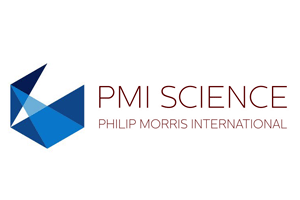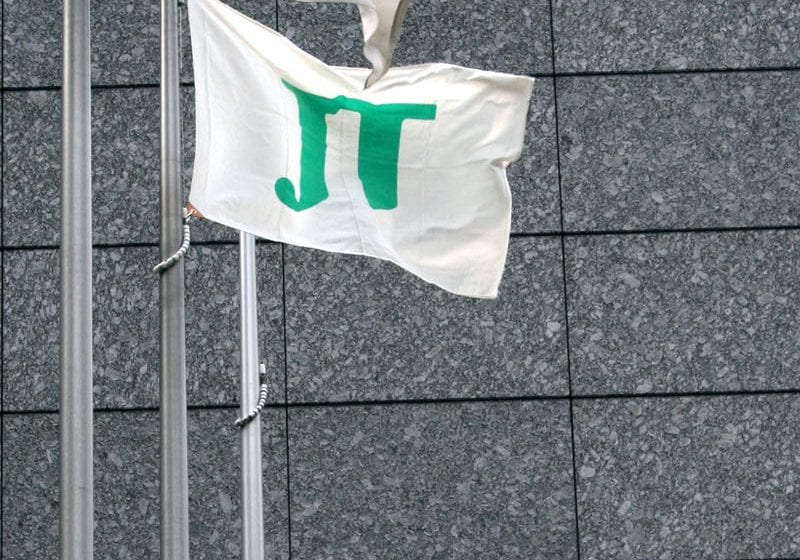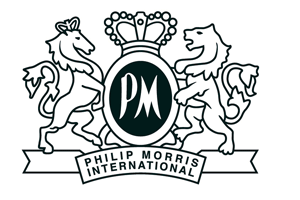Philip Morris said yesterday that the US Food and Drug Administration’s Center for Tobacco Products had initiated a substantive scientific review process in respect of its electronically heated tobacco product (EHTP), iQOS.
On May 24, the FDA had published the executive summary and research summaries supporting PMI’s Modified Risk Tobacco Product (MRTP) application for its EHTP, the company said in a note posted on its website.
‘In doing so, the agency announced that it will publish a notice in the Federal Register establishing a formal docket for public comments on PMI’s application at a later date,’ it said.
‘PMI submitted the application to the FDA on December 5, 2016.
‘Publication of PMI’s summaries initiates a substantive scientific review process by the FDA’s Center for Tobacco Products.’
PMI said the FDA had made the application summaries publicly available and that the agency would publish additional modules of PMI’s MRTP application on a rolling basis.
The FDA had established a one-year timetable for reviewing MRTP applications, though that timing was non-binding.
“We welcome FDA and public review of the comprehensive scientific evidence package that we submitted to the agency through its MRTP application process,” said Dr. Moira Gilchrist, PMI vice president corporate affairs of reduced-risk products.
“PMI’s application demonstrates our commitment to develop innovative, smoke-free technologies that can ultimately replace combustible cigarettes to the benefit of smokers, public health and society at large.”
Meanwhile, the Altria Group said that it was pleased that the FDA had filed PMI’s MRTP application.
It said that upon regulatory authorization by the FDA of PMI’s Premarket Tobacco Product application (PMTA), Philip Morris USA, an Altria company, would have an exclusive license to sell the electronically-heated tobacco product in the US.
PMI submitted the PMTA to the agency on March 31, 2017.
“PM USA is actively working on commercialization plans and we look forward to bringing this electronically-heated product to the US market,” said Sarah Knakmuhs, vice president heated tobacco products, PM USA.
“We are excited about the opportunity to add this product to our portfolio for adult tobacco consumers who are looking for an alternative to conventional cigarettes.”







